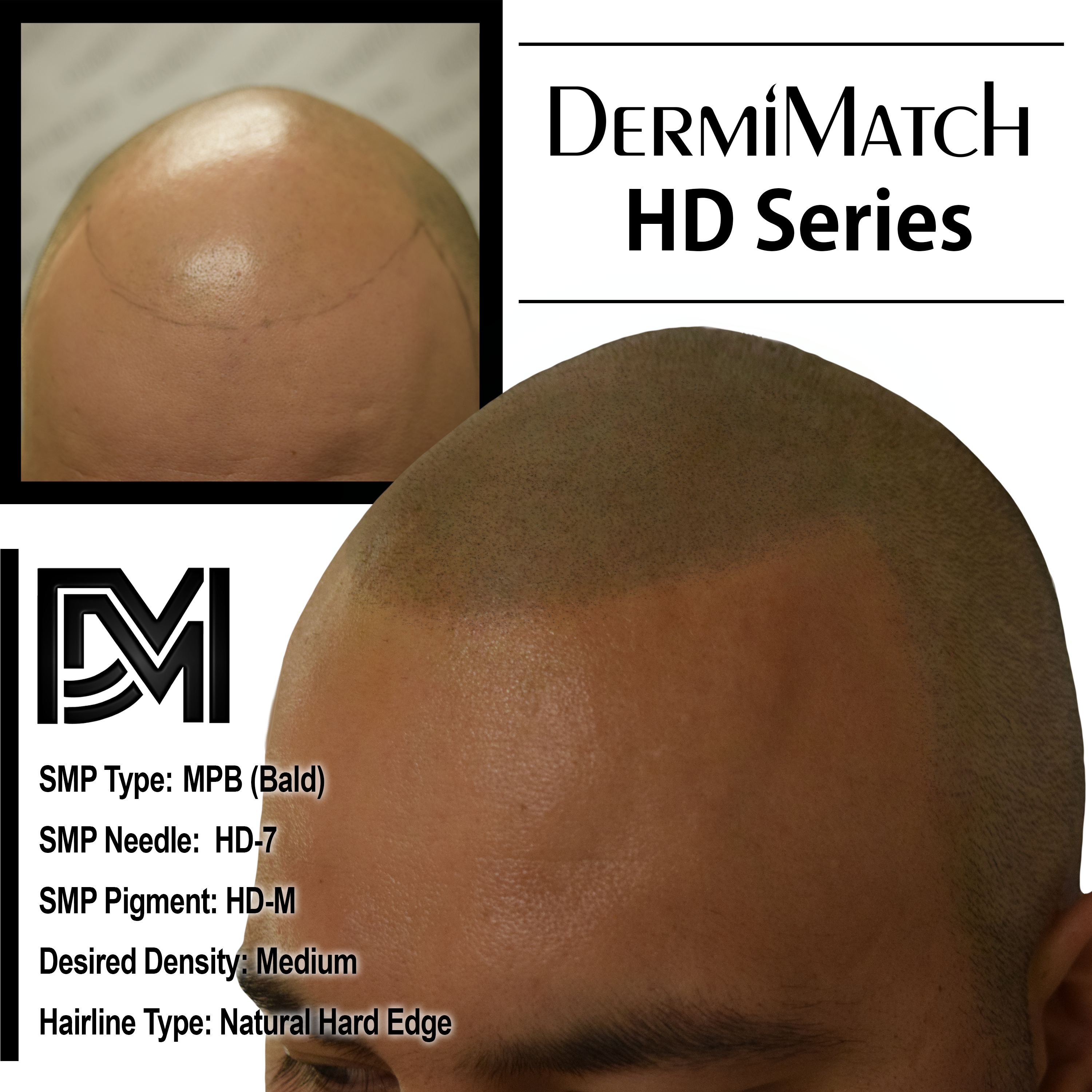Tea tree oil has gained popularity in the world of dermatology as a potential remedy for various scalp conditions, including hair loss, dandruff, and itchiness Its antimicrobial and anti-inflammatory properties have made it a promising ingredient in many hair care products. However, is it truly effective for scalp treatment, and is there scientific evidence to support the claim that tea tree oil for hair health works?
The Science Behind Tea Tree Oil for Hair Health
While anecdotal evidence abounds, scientific research has provided some support for the use of tea tree oil in treating scalp conditions. Studies have shown that tea tree oil can effectively reduce the severity of dandruff, a common scalp issue caused by an overgrowth of a fungus called Malassezia furfur. When applied topically, tea tree oil can help to inhibit the growth of this fungus, leading to a reduction in dandruff flakes and scalp itchiness.
In addition to its antifungal properties, tea tree oil also possesses anti-inflammatory effects. This can be beneficial for individuals with scalp conditions that involve inflammation, such as psoriasis or dermatitis. By reducing inflammation, tea tree oil may help to alleviate symptoms like redness, scaling, and discomfort.
However, it’s important to note that tea tree oil for hair growth may not be effective. Its role is similar to other natural remedies, such as cinnamon, in hair growth. It’s essential to use tea tree oil in the correct manner, as undiluted application can be irritating to the scalp.
Limitations
Despite its potential benefits, tea tree oil is not a cure-all for scalp problems. It may not be effective for all individuals, and it may take time to see results. Additionally, tea tree oil can be irritating to some people, especially when used in high concentrations or for extended periods. It’s important to patch test the product on a small area of skin before applying it to the entire scalp.
Scalp Micropigmentation: A Better Alternative
While tea tree oil can offer some benefits for certain scalp conditions, it may not be the most effective for hair growth. In cases of hair loss or thinning hair, scalp micropigmentation (SMP) may be a more suitable option.
Scalp micropigmentation is a non-surgical procedure that involves the application of tiny dots to the scalp using specialized pigment. The treatment is meant to create the illusion of hair follicles. This can help to disguise hair loss and create a fuller hair appearance. Unlike tea tree oil, SMP offers a permanent solution and can be customized to match your desired level of density.
Some of the key benefits of scalp micropigmentation include:
Natural-looking results
SMP can create a highly realistic appearance of hair, blending seamlessly with your existing hair.
Versatility
The procedure can be used to address various hair loss concerns, including thinning hair, alopecia, and scarring.
Low maintenance
Once the procedure is complete, there is minimal maintenance required, unlike hair transplants or wigs that require a long recovery period. SMP typically involves minimal downtime, allowing you to return to your normal activities shortly after the procedure.
If you’re considering scalp micropigmentation, it’s important to choose a qualified and experienced practitioner. Arizona SMP professionals at DermiMatch are skilled and experienced at assessing scalp health and providing a personalized treatment plan.
Get in touch today to bid good-bye to scalp woes. Forget tea tree oil for hair loss, say hello to SMP.

